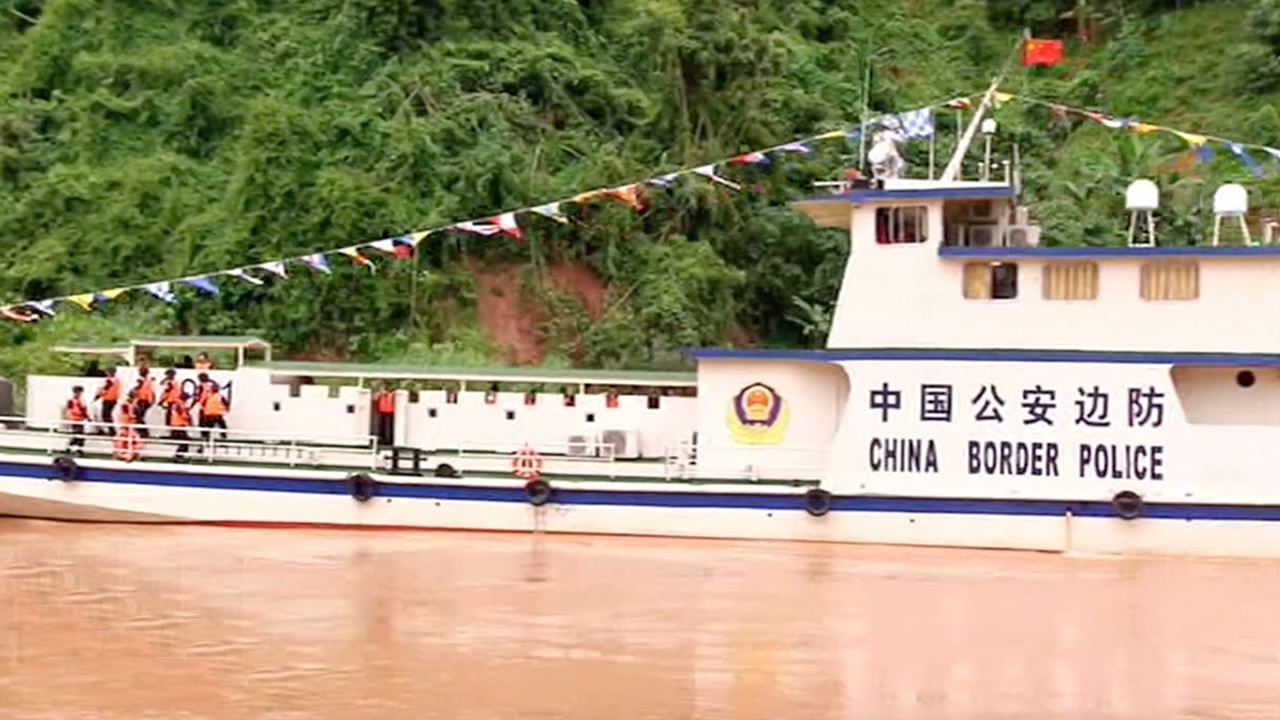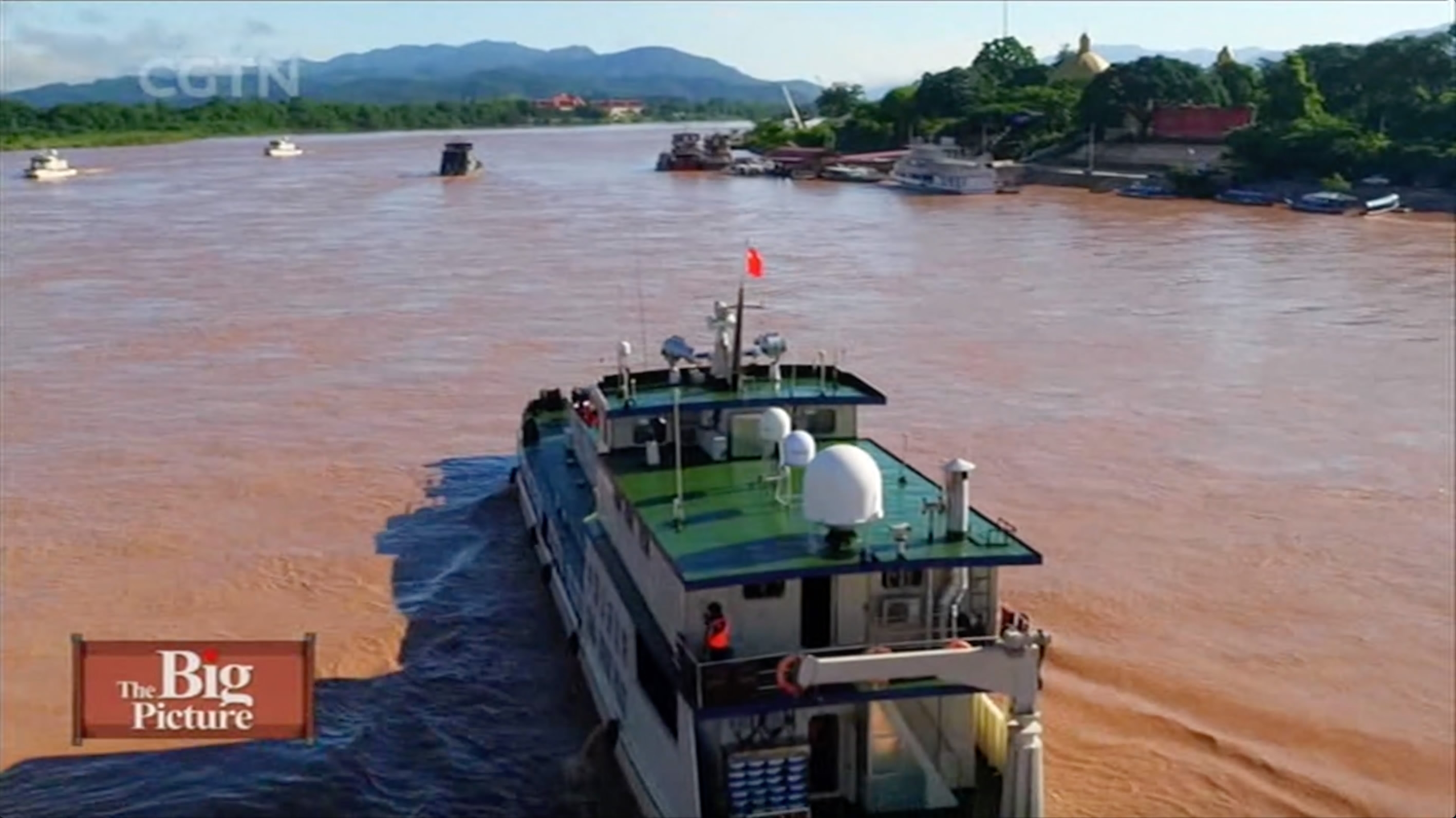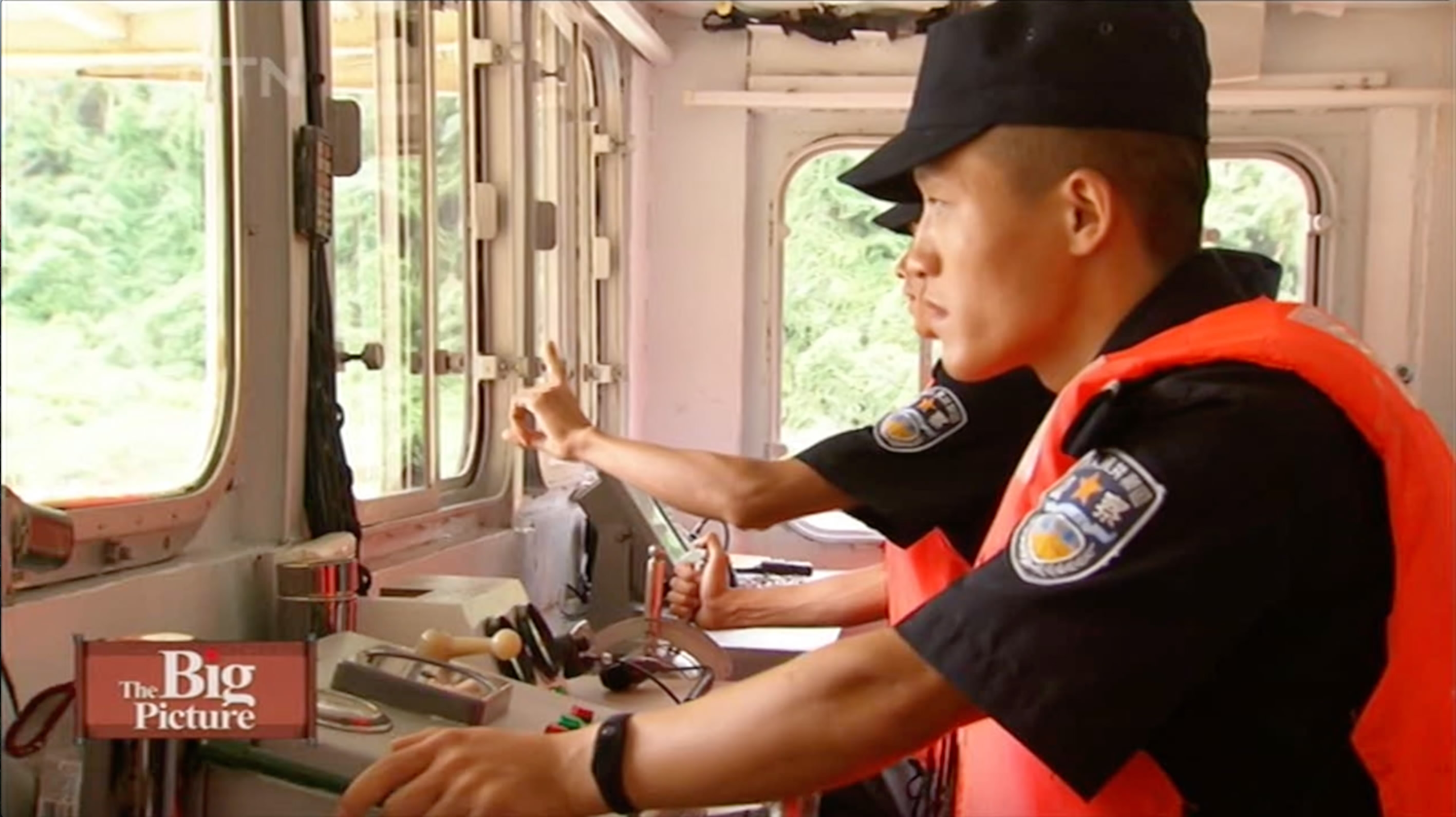
Politics
16:33, 15-Oct-2017
The Big Picture: China extends Good-Neighbor Principle
By Wei Lynn Tang, Han Bin

No man is an island, and it is always better to befriend one another than to make foes.
This is not so much to err on the side of caution, but truly in the longer-term, more mutual benefits can be gained by everyone lifting each other up.
This saying transcends all forms of relationships – between people, businesses, and governments.
In this regard, China has been openly forward in its efforts in building diplomacy. Since President Xi Jinping came to power in 2012, the country has become more proactive in engaging with the world.
Much has been talked – or pondered – about this shift in China’s foreign policy, rising power, and the meaning behind it.

CGTN Photo
CGTN Photo
In this episode of The Big Picture, CGTN correspondent Han Bin takes a look at the water diplomacy between China and its Southeast neighbors on the Mekong River.
Mekong River incident
The Mekong River can be described as the lifeblood of Southeast Asia, traversing along China, Myanmar, Laos, Thailand, Cambodia and Vietnam. Over 60 million people depend on the river for water, food, and means of transport.
But beyond that, it binds the region’s countries and its diverse people and cultures.
Enchanting and purposeful as the river may be, security on the key strategic waterway has proved to be a challenge.
A drug massacre in 2011 saw 13 Chinese sailors murdered. This comes as two Chinese cargo ships were attacked by armed gangs near the Golden Triangle, which intersects with Myanmar, Laos and Thailand.
As a result of the deadly attack, a joint patrol law enforcement has been carried out by China, Myanmar, Laos, and Thailand – where the countries joined hands in organizing a monthly patrol.
China takes the lead
China has also taken the lead – forming a task force – in hunting down Naw Kham, the drug gang leader suspected of leading the massacre. Naw Kham was seized in 2012 and extradited in China, where he was charged and convicted for the murder.

CGTN Photo
CGTN Photo
As the joint patrol mechanism was established, this is where Tan Jianhua, a Chinese border policeman, has found a newfound purpose. Tan has been sailing on the Mekong River for over 20 years.
Tan was among the sailors recruited for the joint patrol mechanism.
“China has played a key role in the joint patrol that helps stable security along the river. It has sent the largest number of boats,” says Phoumy Scnga Phone, Lao Police.
China has also launched a designated fund for regional cooperation development, including the patrols. This is done to boost security and access to trade with neighboring countries whose economies are lagging behind.
But it’s not all that easy; The mighty river is exposed to seasonal variation in its water flow and volume, which makes navigation difficult. During the monsoon season between July and October, flooding is said to be usually seen throughout the river system.
This has not deterred the troops. Thus far, Chinese police and their counterparts have conducted over 60 joint patrols. And according to the locals, the patrols have curbed trafficking, drugs and other forms of crime.
Hopeful for the future
“I hope the bloody tragedy on the river will never happen again, that the Mekong will become a link for security and friendship among the countries along its waters,” says Tan.

CGTN Photo
CGTN Photo
The joint patrols have since become part of the new “Mekong-Lancang Cooperation Mechanism”, referred to as “building trust and a community of a shared destiny” among the linked nations.
The Mekong River incident marks China’s increasing role in regional security and initiative to build a stronger Maritime Silk Road.
While some may say China’s push for bringing the region together is a silent attempt to increase its influence throughout its neighborhood, it’s win-win, after all – whether it’s in economic, financial, security and diplomatic affairs.
When a golden waterway is safe, countries along it benefit as well.
China is hopeful that its avocation of peace can be extended to other neighbors, beyond those in Southeast Asia along the Mekong River.
At the end of the day, what China hopes for the world to know and perceive is that a rising China is not a threat, but an opportunity to also benefit their interests.

SITEMAP
Copyright © 2018 CGTN. Beijing ICP prepared NO.16065310-3
Copyright © 2018 CGTN. Beijing ICP prepared NO.16065310-3